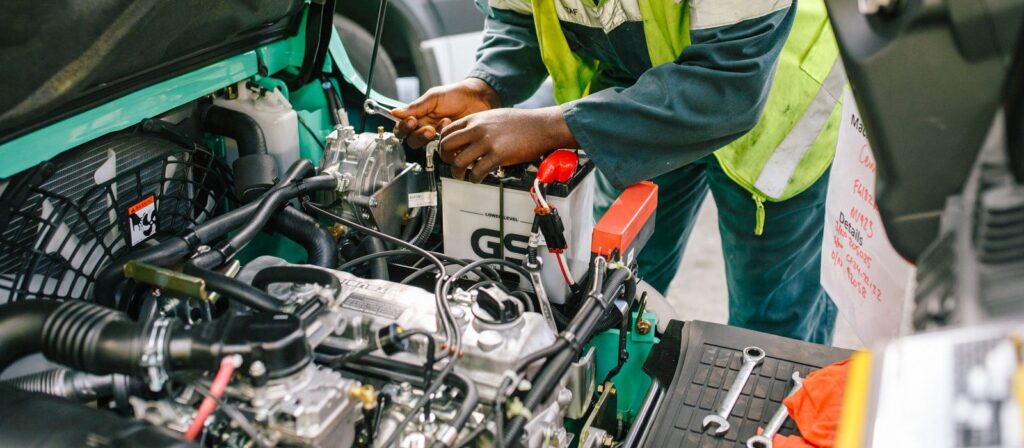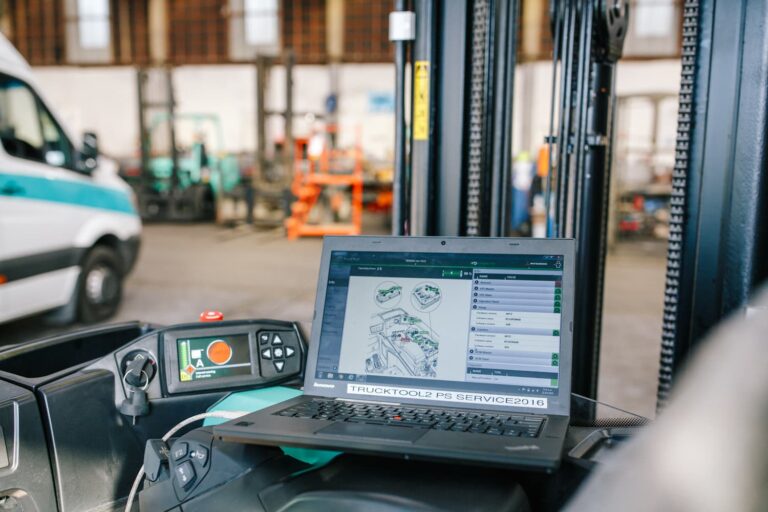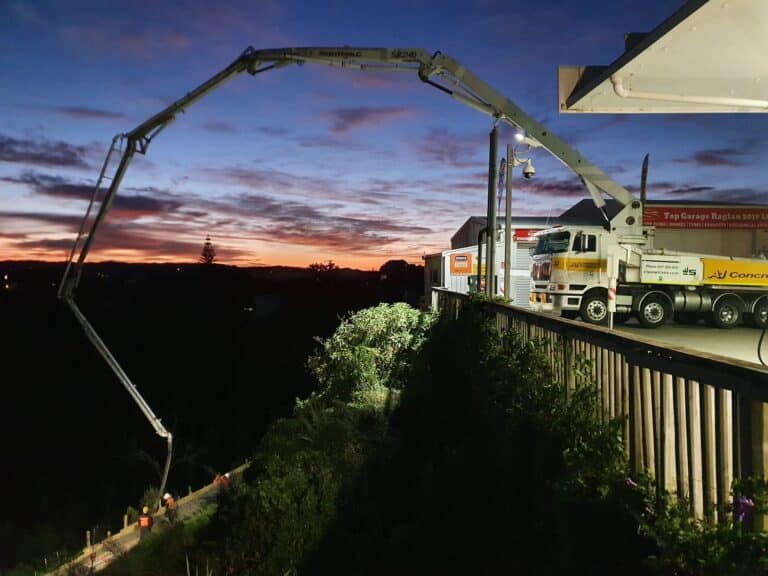Forklifts are the backbone of many industries, from warehousing and logistics to construction and manufacturing. They streamline operations, enhance productivity, and ensure heavy lifting is done efficiently and safely. However, like any piece of machinery, forklifts require regular maintenance to function optimally.
Neglecting forklift maintenance might seem like a cost-saving measure in the short term, but it often leads to much greater expenses down the track. Businesses that fail to keep up with regular servicing can face expensive repairs, unexpected downtime, safety hazards, and even legal liabilities.
In this article, we’ll break down the real cost of neglecting forklift maintenance, exploring its financial, operational, and safety consequences. We’ll also provide insights into how businesses can prevent these issues and keep their forklifts running smoothly for years to come.
The True Cost of Forklift Neglect
Many businesses see forklift maintenance as an unnecessary expense rather than an investment. However, skipping routine servicing can quickly turn small, manageable issues into costly repairs.
Immediate vs. Long-Term Costs
When forklifts aren’t regularly serviced, minor wear and tear can escalate into significant mechanical failures. For example, a small hydraulic leak might not seem like a pressing issue at first, but over time, it can lead to complete hydraulic system failure—resulting in expensive repairs and prolonged downtime.
Short-term savings from skipping maintenance often lead to long-term costs, such as:
- Expensive emergency repairs.
- The need for complete part replacements instead of minor fixes.
- Increased fuel or energy consumption due to inefficient operation.
Hidden Costs: Productivity Loss and Equipment Damage
Beyond repair costs, neglecting forklift maintenance can cause a ripple effect throughout your business operations. A poorly maintained forklift may:
- Break down unexpectedly, causing workflow disruptions.
- Require additional labour hours to compensate for lost productivity.
- Damage warehouse infrastructure (such as racking and floors) due to malfunctioning brakes or steering.
These hidden costs, while not immediately obvious, can significantly impact a company’s bottom line over time.
Impact on Business Operations
When forklifts break down unexpectedly, entire supply chains can be affected. Deliveries may be delayed, stock might not move as scheduled, and customer commitments could be missed. This can result in:
- Missed deadlines and penalties from partners.
- Loss of customer trust and business reputation.
- Increased pressure on workers, leading to errors and inefficiencies.
For businesses that rely on just-in-time inventory management, a single forklift failure could bring operations to a standstill.
Increased Repair Costs and Component Failures
The longer a forklift goes without maintenance, the more likely it is to suffer from mechanical failures. Many of these issues start as minor problems that could have been addressed early but instead develop into expensive breakdowns.
Common Issues Caused by Lack of Maintenance
Some of the most frequent (and costly) problems resulting from poor maintenance include:
- Hydraulic Leaks – Small leaks can quickly lead to a complete system failure, requiring expensive overhauls and replacements.
- Worn-Out Tyres – Bald or unevenly worn tyres compromise stability and traction, increasing the risk of tipping and accidents.
- Battery Failures – In electric forklifts, improper charging and maintenance reduce battery lifespan, leading to premature replacements.
How Minor Repairs Escalate into Major Issues
Consider this scenario: A forklift operator notices that the hydraulic fluid level is slightly low but ignores it because the machine is still working. Over time, the lack of fluid causes internal wear on seals and components, leading to a full hydraulic system failure. Instead of a simple fluid top-up, the business now faces thousands of dollars in repair costs.
This example highlights why preventative maintenance is far more cost-effective than emergency repairs.

Safety Risks and Legal Liabilities
Poorly maintained forklifts aren’t just expensive—they’re dangerous. Forklift-related accidents are among the leading causes of workplace injuries, and many of these incidents are due to preventable mechanical failures.
Workplace Accidents Due to Poor Maintenance
Some of the most common safety hazards caused by neglected forklifts include:
- Faulty Brakes – A forklift with worn or malfunctioning brakes can cause collisions, endangering workers and damaging stock.
- Unstable Loads – Worn-out forks or hydraulic failures can cause loads to become unstable, increasing the risk of dropped goods and injuries.
- LPG Forklift Fires – Leaking fuel systems in LPG forklifts can result in fires, putting employees and property at serious risk.
Regulatory Compliance and Legal Consequences
In New Zealand, WorkSafe enforces strict regulations regarding forklift safety. Businesses that fail to comply with these standards can face:
- Heavy fines for non-compliance.
- Worksite shutdowns due to safety violations.
- Legal liability if a poorly maintained forklift causes an accident.
If an incident occurs due to negligence, businesses could also be held financially responsible for employee injuries, compensation claims, and damage to third-party property.
Productivity Loss and Business Downtime
When a forklift is out of commission, operations slow down. Every minute a forklift is offline represents lost productivity and additional costs.
The Cost of a Forklift Breakdown
A single breakdown can halt warehouse operations for hours or even days. The costs of downtime can include:
- Wages paid to workers who can’t perform their tasks efficiently.
- Extra overtime to make up for lost time.
- The expense of renting a temporary forklift.
Delayed Shipments and Customer Dissatisfaction
If a forklift failure leads to delayed shipments, customer trust and satisfaction can take a hit. In industries with tight schedules, unreliable delivery times can result in lost contracts and reduced business opportunities.
The Long-Term Financial Impact on Your Business
Ignoring maintenance doesn’t just cost money in the short term—it significantly reduces a forklift’s overall lifespan.
Decreased Forklift Lifespan
A well-maintained forklift can last 10+ years, while a neglected one may need replacement within just 5-7 years. Regular servicing helps avoid premature wear, saving businesses from making costly early replacements.
Lower Resale Value
A forklift with a poor maintenance history will have little to no resale value. Potential buyers or trade-in evaluators will factor in the lack of service records and likely offer significantly lower prices.
Increased Insurance Costs
Insurance companies often charge higher premiums to businesses with a history of forklift accidents or safety violations, further increasing costs.
How to Avoid Costly Forklift Neglect
To prevent these issues, businesses should establish a proactive forklift maintenance plan.
Implement a Preventative Maintenance Schedule
- Set up a regular servicing plan with a professional provider.
- Perform daily and weekly checks on fluid levels, tyres, and safety features.
- Keep accurate maintenance records to track service history.
Train Operators on Basic Forklift Care
- Teach staff to identify warning signs (e.g., strange noises, sluggish performance).
- Encourage operators to report issues immediately rather than ignoring them.
- Implement proper forklift handling techniques to minimise wear and tear.
Work with a Professional Forklift Servicing Provider
- Partnering with experienced technicians ensures forklifts are thoroughly inspected and maintained.
- Regular servicing reduces emergency repairs and increases machine lifespan.
Wrapping Up
Neglecting forklift maintenance is a costly mistake that affects business operations, safety, and finances. From expensive repairs to legal liabilities and productivity losses, the risks far outweigh the cost of routine servicing.
Investing in preventative maintenance not only extends the life of your forklifts but also improves workplace safety, compliance, and overall efficiency.
If your forklifts haven’t been checked recently, now is the time to schedule a professional inspection and avoid unnecessary costs down the road.
Get your business noticed by creating an online directory listing. Listings are FREE and you can create as many as you need.
- Get found by locals


